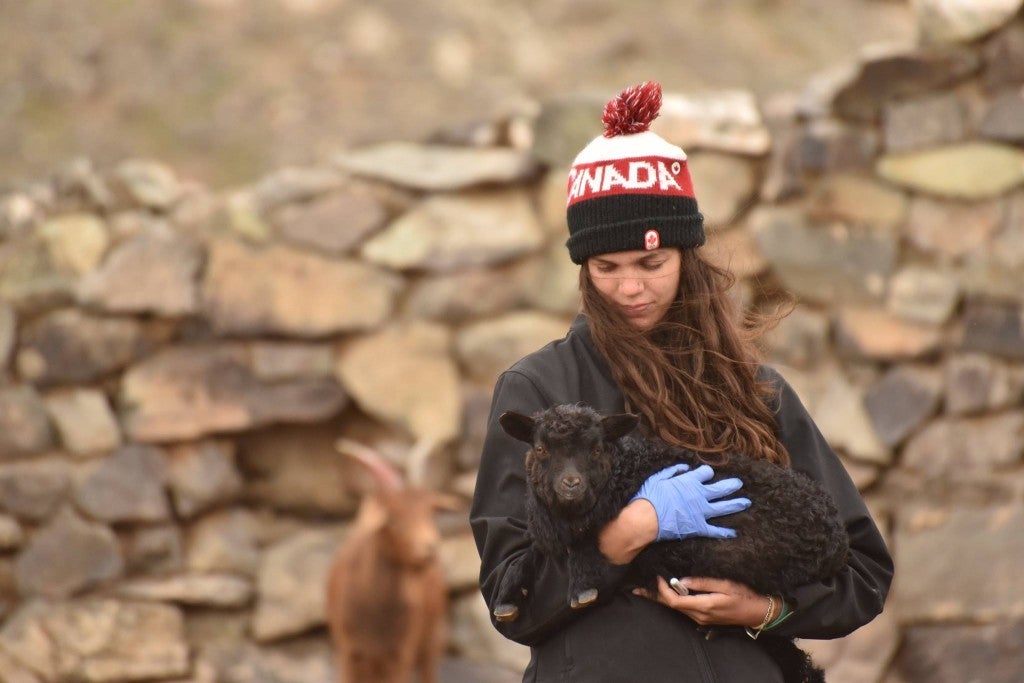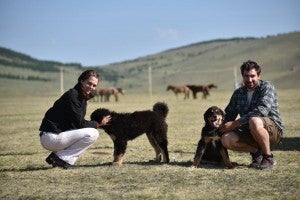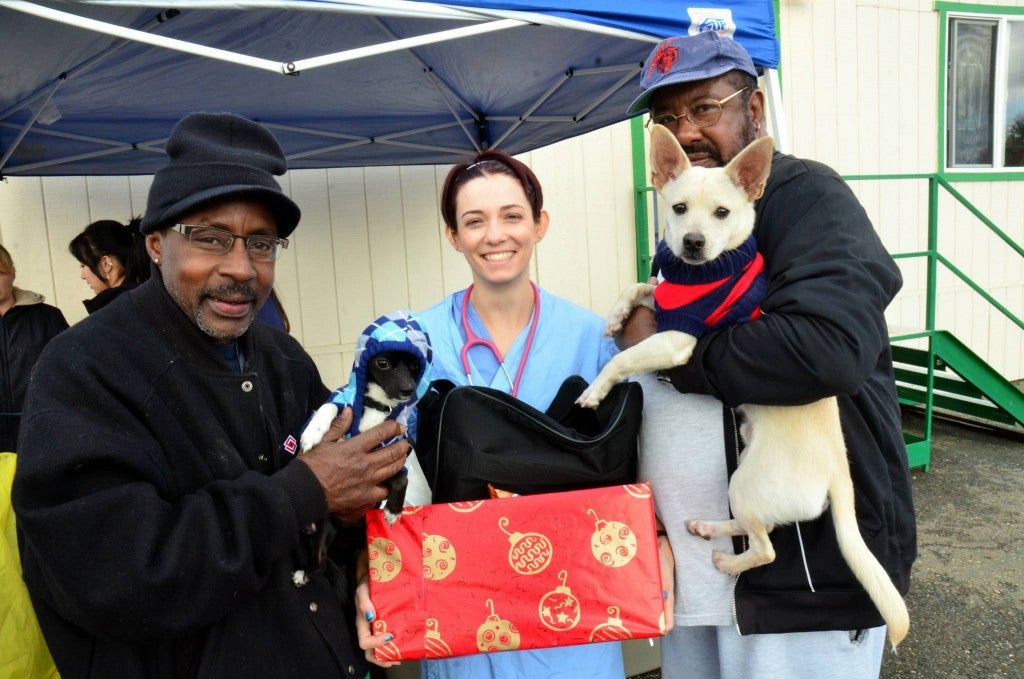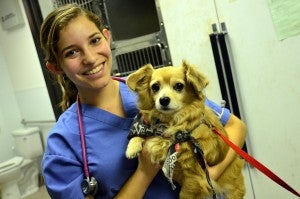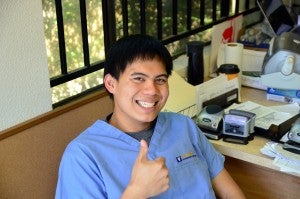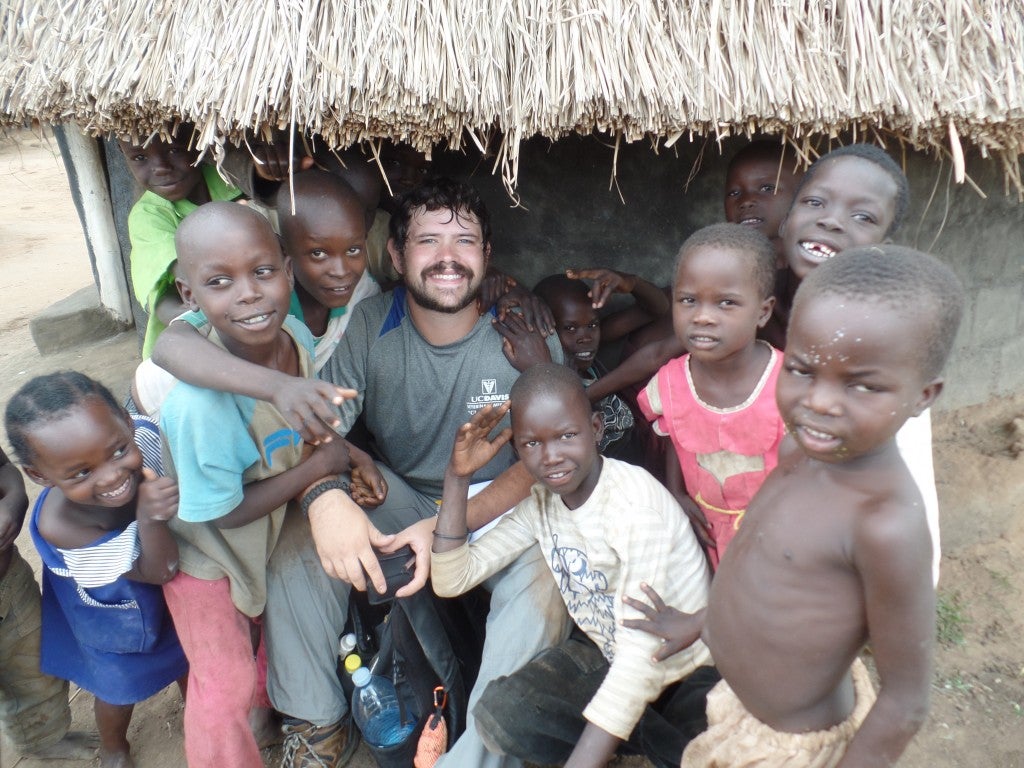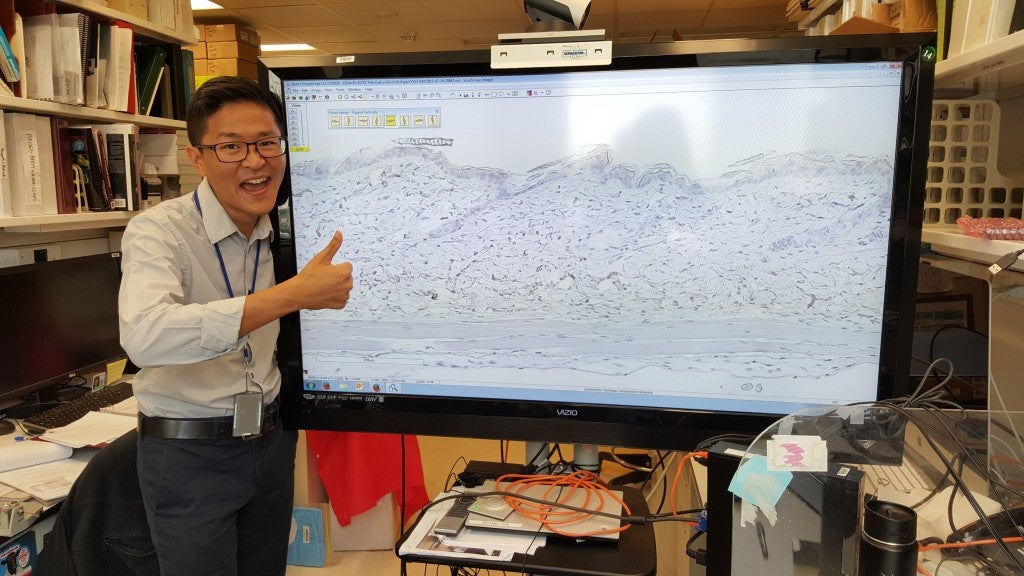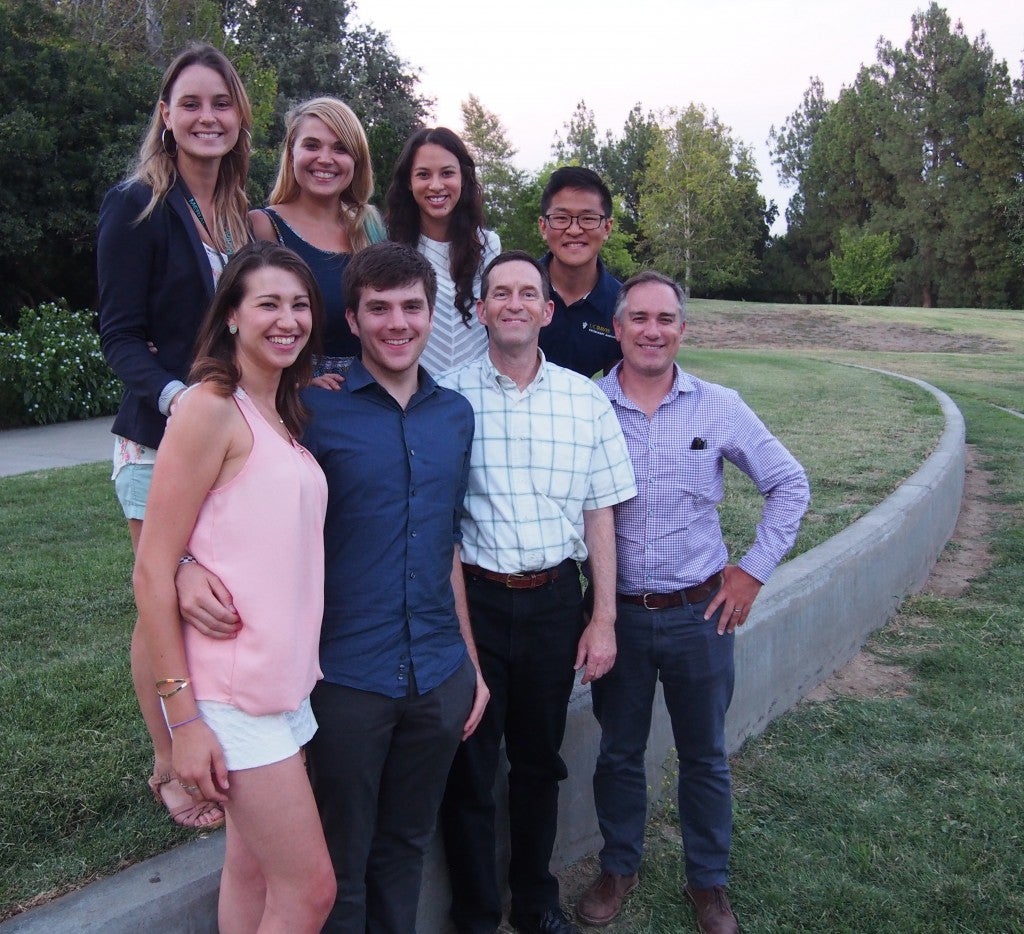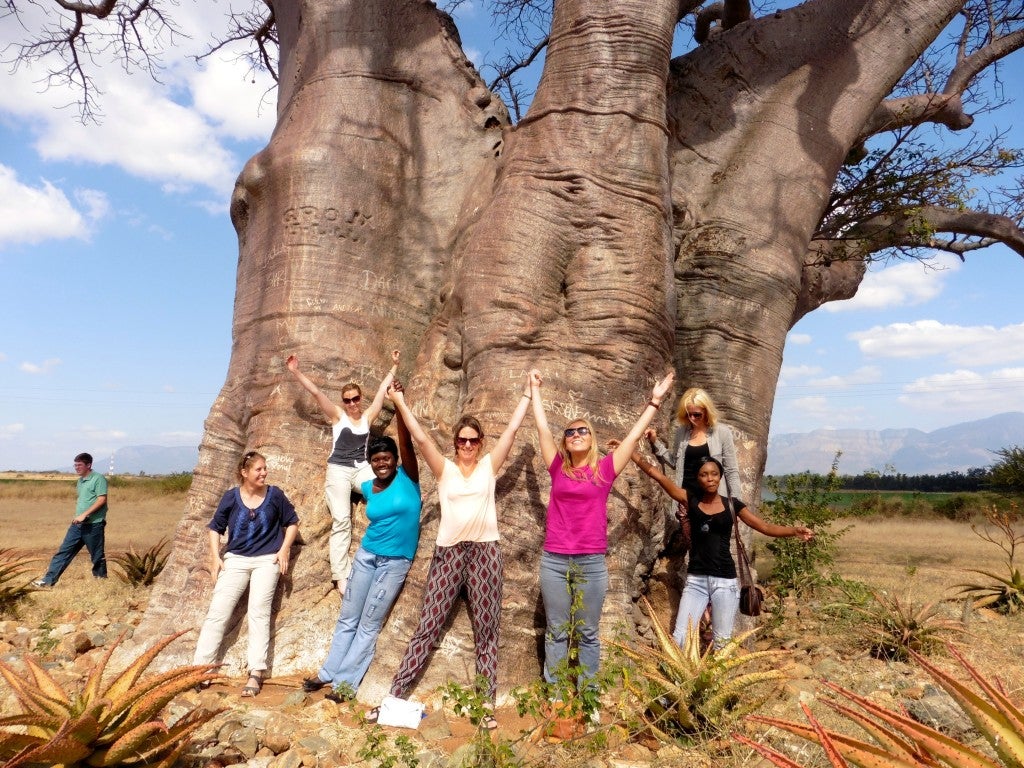Contributed by Samantha Lawton, Class of 2017
Sain baina uu (that is Hello in Mongolian)! During June and July of 2015 I had the fantastic opportunity to travel to Mongolia for five weeks in order to complete a STAR project (Students Training in Advanced Research). My project was assessing the prevalence and distribution of intestinal parasites in small ruminants and dogs. Mongolia was an excellent place to conduct this research because people, their livestock and their dogs interact closely and many people are reliant on animals for food and fiber. Therefore, intestinal parasites, and targeted strategies to reduce parasites, could have impacts on animal health, economic health and even human health in the case of some intestinal parasites, like Echinococcus, where humans can be infected if they consume parasite eggs shed in dog feces.
A friend/previous mentor connected me with this project when I approached her about opportunities to experience fieldwork. I wanted to gain fieldwork experience because I have always thought that field research was something I might like to do in my future but only had short experiences. This summer did confirm that I really do love international fieldwork and I want to incorporate it into my career. Continue reading

